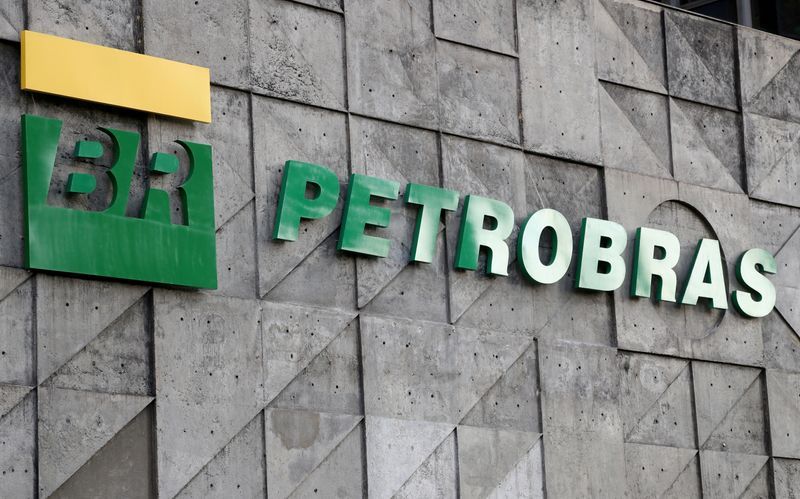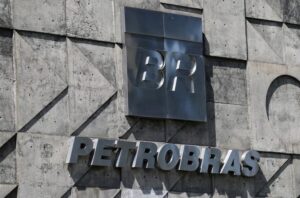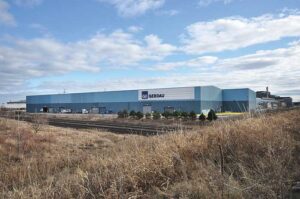
(Argus, 13.Sep.2021) — Brazil’s association of energy-intensive industries (Abrace) is holding a first-ever tender to purchase more than 6mn m3/d of natural gas. Abrace gas manager Adrianno Lorenzon spoke to Argus about the wholesale market outlook as state-controlled Petrobras pulls back.
What are the primary goals of the tender?
The main goal is to help open up the gas market. Abrace has been working to open this market since 2012 with the objective of ending Petrobras’ monopoly. The new gas law was a very important step forward this year, and the tender is part of our efforts to guarantee more competition on the market next year. We hope that the tender will help open the market to the largest number of wholesale consumers as possible.
What is Abrace’s assessment of the current gas market in Brazil?
The second half of this year is very important, because a lot is happening – several distributors are renewing their contracts and seeking suppliers, and gas transport companies are expected to offer new capacity to companies other than Petrobras. New regulations are being issued by the (hydrocarbons regulator) ANP and by state regulators. A lot of changes are happening at the same time. We know it’s not easy to reconcile all of these changes at the same time and recognize that we’re in a transition period. Still, we believe that our tender is a way to send a message to the market that industries want to participate in the wholesale market.
What are the main regulatory barriers for the market opening?
Transport is the main barrier. We have three gas transport companies and only one company, TBG (Transportadora Brasileira Gasoduto Bolivia-Brasil), has made public its available capacity and its fees for wholesale consumers. This transparency helps give consumers an idea of how much it will cost to migrate to the wholesale market. TAG (Transportadora Associada de Gas) and NTS (Nova Transportadora do Sudeste) are in the process of preparing to offer this information, but it is still unavailable. Other barriers exist on the state level, because state governments have control of their local gas markets. Many states don’t have regulations or have poor-quality regulations. Only two states – Sao Paulo and Bahia – have a model in place for third-party access to gas distribution networks. Minas Gerais just announced public hearings and Espirito Santo is expected to do the same soon, but once again, these are things that are happening now.
Does Abrace expect Petrobras to continue to dominate the market?
Petrobras will continue to be the main supplier, because it has an extensive portfolio, both as a producer and importer of gas. We believe that the government needs to develop public policies to reduce Petrobras’ role in the market. Even with the opening of the market, its role is still too big.
Is Abrace suggesting that the government should use gas release mechanisms?
Yes. It is necessary for the government to take action to reduce Petrobras’ market share, otherwise it will continue to dictate prices to the market. This was done in England in the 1990s and in other countries that had powerful incumbents in their respective markets. Policies to reduce the market share of a dominant player are needed for prices to be based on supply and demand.
Do you expect LNG to play an increasingly important role in the domestic gas market?
Absolutely. Right now, domestic gas output by producers other than Petrobras is very limited. The possibility of other companies, like New Fortress, Gas Natural Acu and others offering LNG to the market is very important. These groups can compete with Petrobras but can also offer flexibility to the system.
How soon do you expect the wholesale gas market to reach the liquidity of the wholesale electricity market?
We expect a quantum leap in the gas market and expect a robust spot market to appear much more quickly than it did with electricity, which is more complex. In two to three years, we expect to have a very solid wholesale gas market.
When do you expect the “low-cost energy shock” promised by the government to become a reality?
We expect prices to fall with increased supply. We need these rules to be in place and the wholesale market needs to begin functioning so that producers feel comfortable investing. When more gas is available on the market – either domestically produced or imported – we will have competition and prices can come down.
____________________

